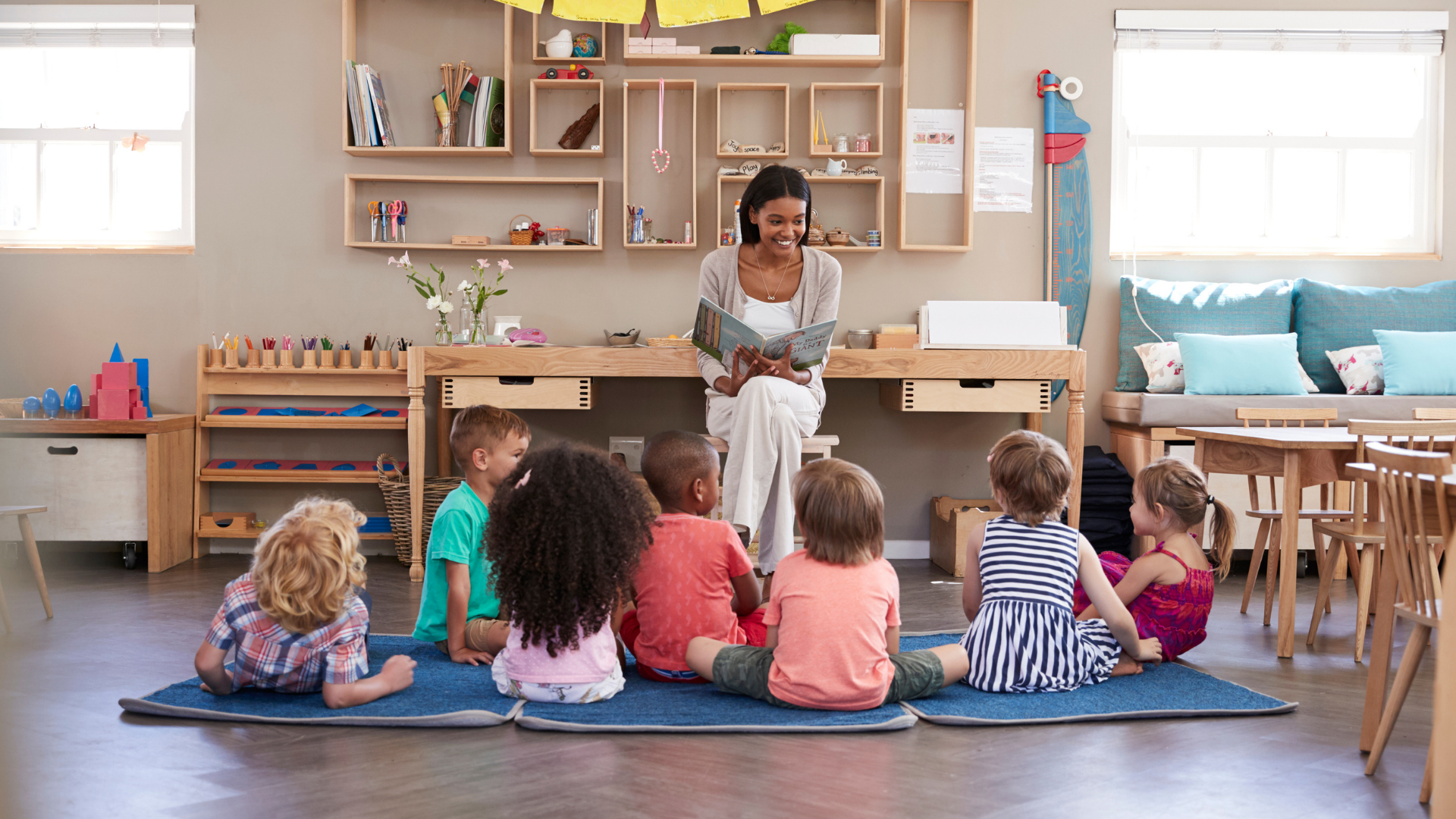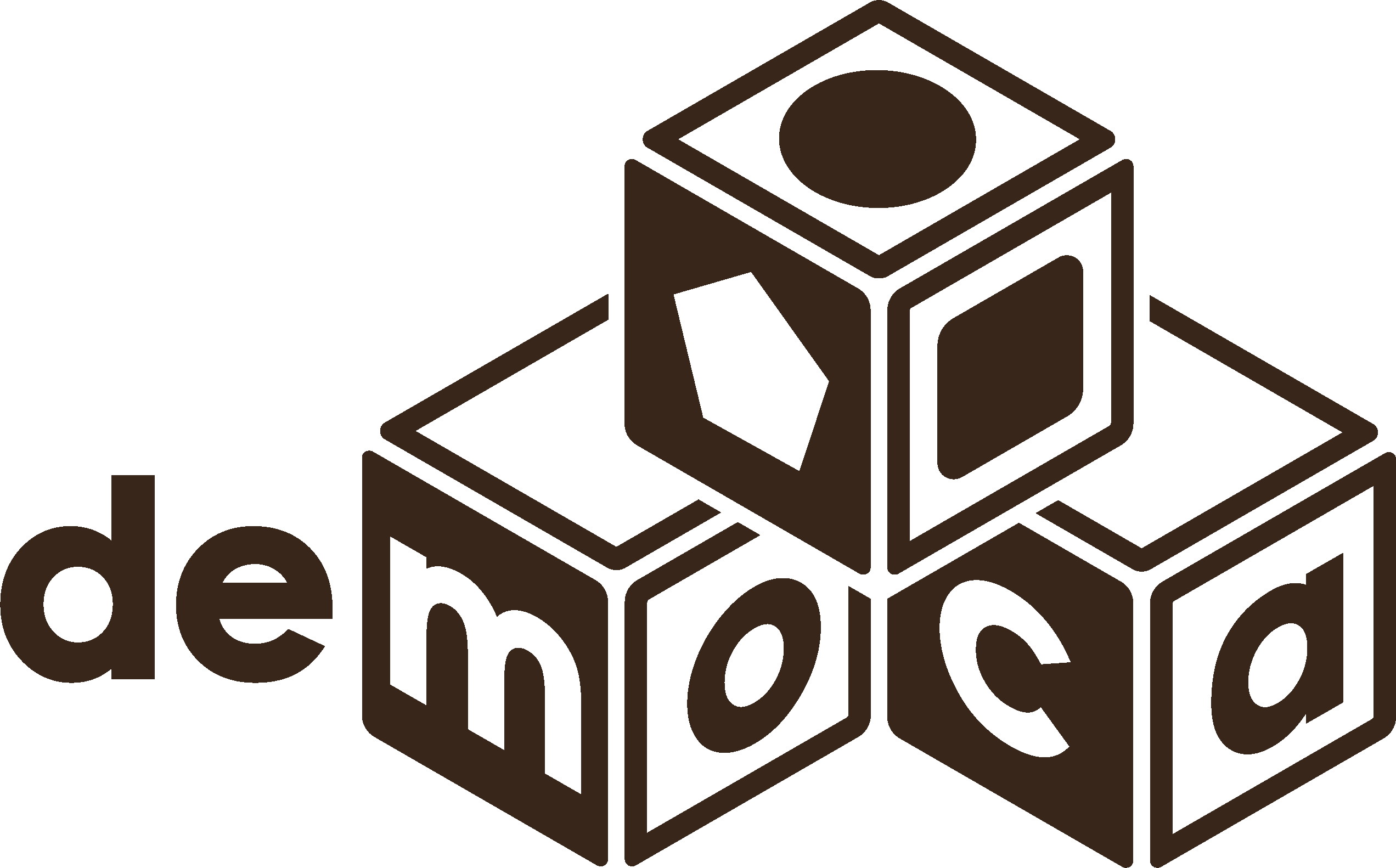
7 Montessori Principles all parents should know!
Feb 25 , 2022
In Montessori education, children learn naturally through activities and they develop when given the freedom to experiment and move freely.
Maria Montessori is the Italian educator that developed the Montessori method as an educational alternative to traditional primary school. Here are 7 principles of Montessori education to help children become independent by exploring and learning from the environment around them.
1. Respect the child.
Probably the most important principle in Montessori pedagogy is respecting them by not interrupting their concentration, giving them the freedom to make decisions and choices and do things by themselves. Our entire life is made of choices, so children should be given the opportunity to make them, to learn from their own decisions. We, as parents, can offer guidance when it comes to options. Also, we are those that offer them the materials and activities to choose from. Every child is unique, with their way of learning and unique experiences, and we should respect that.
2. The prepared environment.
It's about creating an environment where children love to learn rather than fight the system. It's an environment where children are encouraged to explore and learn independently. The open shelves, well known in Montessori education, invite children to work according to their needs and interests. Each material is carefully chosen and placed on the shelves to meet each child's needs at a specific time in his development. We all know children love to move around, so designing a classroom with materials that appeal to children's nature is the proper method. Let children move rather than fight to keep them in their seats. Order is also very well known in Montessori; everything is well organized.
3. Uninterrupted work.
Children learn easier when interested in a specific subject and learn quickly from those around them. In Montessori, mixed age groups are preferred because little ones learn by watching and asking questions to the older ones. That can also be applied at home, where children learn by imitating mom doing the laundry and asking a question about it or by watching grandma sew. This way, they consolidate their newly discovered skills while also working on their social skills.
4. Practical life and education of senses.
Children in a Montessori environment learn skills that are used daily, from pouring water to tying their shoes, wiping a floor, cutting flowers, and more. Also, in Montessori pedagogy, children learn using their senses, so materials that help refine their senses are preferred. In learning, a key aspect is movement, which was proven to enhance learning. We were not designed to sit at a desk and take tons of information, but instead, we live in a world where we move while doing things. This is a natural way of learning for little kids as well.
5. The guide role of the teacher.
In Montessori, the teacher's/parent role is to observe and guide children, introduce them to new materials at the right time, consider each child's interest, and work one-on-one with children. Parents and teachers should encourage exploration and independence while taking responsibility for their actions and for the environment they live in. (home or classroom). "Never help a child with a task at which he feels he can succeed" Maria Montessori
6. Freedom within limits.
Maria Montessori considered educating each child as a whole entity, which means working on physical, spiritual, social, and emotional education, each equally important. Also, children need to have a sense of control over their lives to choose what to work on, how long, and with whom they want to work on. It's essential to focus on the "sensitive periods," those periods when children are very interested in one particular activity, experience, or object (it can be nature, climbing, preparing food, and so on). It's crucial to help develop that particular skill that the child shows interest in and deep focus.
7. Self-education
Maria Montessori believed that each child is capable of learning by themselves IF he is provided with the right environment, guidance, and support. Learning only happens when there is a desire to learn when the right environment, materials, and practice are offered. Play is work, and adults should take it seriously because it's how children learn, express, and develop. Until six years old, children learn unconsciously by just exploring the right environment.
